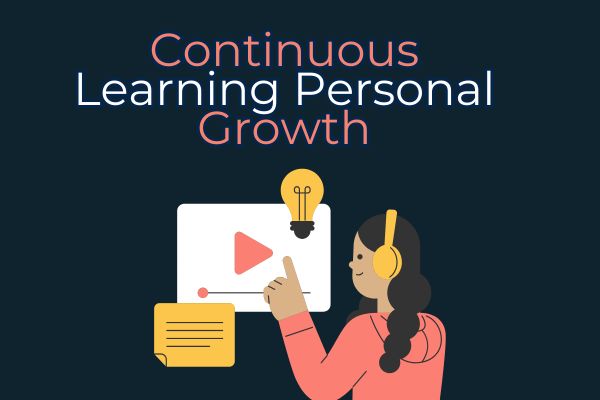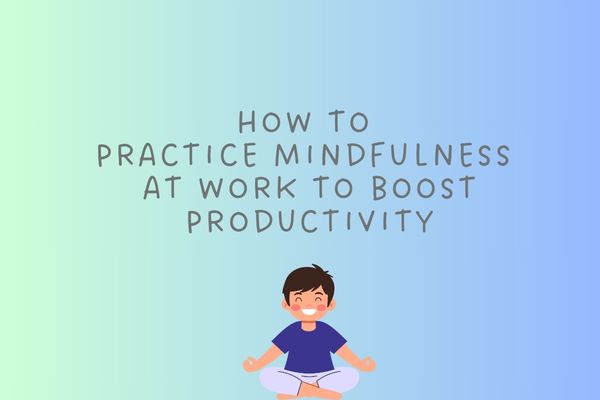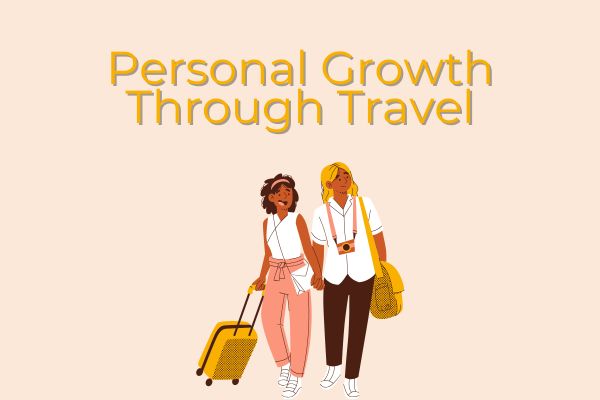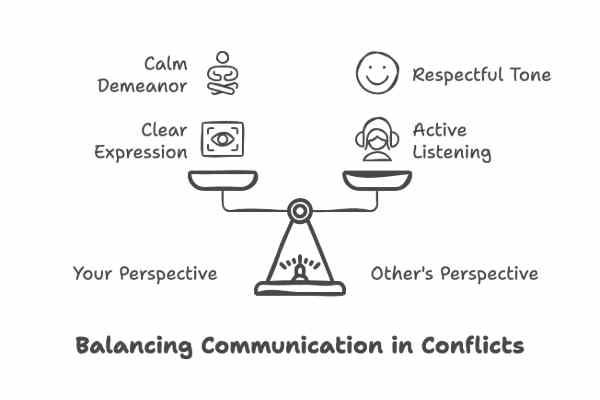As I sit here reflecting on my decade-long journey of personal growth and continuous learning, I’m reminded of a quote by Mahatma Gandhi: “Live as if you were to die tomorrow. Learn as if you were to live forever.” This philosophy has been the cornerstone of my transformation from a complacent college graduate to someone who embraces learning as a way of life. Recent research by the World Economic Forum supports this approach, revealing that 50% of all employees will need reskilling by 2025 due to the adoption of new technologies.
The Wake-Up Call: When Comfort Becomes Stagnation
It was a regular Tuesday morning in 2014 when I received news that would shake me out of my comfort zone. My position at a prestigious marketing firm was being automated, and I had six months to either upskill or find another role. This scenario isn’t unique – according to McKinsey’s research, approximately 375 million workers (14% of the global workforce) may need to switch occupational categories by 2030 due to automation and artificial intelligence.
Breaking Through the Comfort Barrier
The Harvard Business Review reports that the average shelf life of professional skills has dropped from 30 years to just 6 years. This statistic validated my experience – comfort truly is the enemy of growth. A 2023 LinkedIn Learning Report revealed that 89% of L&D professionals believe that proactive upskilling and reskilling is necessary to stay competitive in today’s job market.
The First Steps: Embracing Discomfort
Finding My Learning Style
My first attempt at learning new skills was a disaster. After discovering I’m a kinesthetic learner, everything changed. Research from the Journal of Educational Psychology shows that matching learning strategies to personal learning styles can improve learning outcomes by up to 40%. A study by the University of Illinois found that students who identify and leverage their learning style show a 25-30% higher retention rate of new information.
Creating a Learning Framework
Through trial and error, I developed a personal learning framework. This approach aligns with research from the Association for Psychological Science, which found that structured learning approaches increase knowledge retention by up to 45% compared to unstructured learning methods.
Also check: Turning Dreams into Actionable Plans
The Transformation Begins: Small Wins Lead to Big Changes
Digital Marketing Revolution
A 2023 PwC survey revealed that 74% of workers are ready to learn new skills or completely retrain to remain employable. My journey into digital marketing wasn’t just personal growth – it was survival. The Digital Marketing Institute reports that 92% of marketing professionals acknowledge a significant skills gap in their industry.
The Power of Community Learning
Research published in the Journal of Research in Innovative Teaching & Learning shows that collaborative learning environments increase knowledge retention by up to 50%. A Stanford study found that participants working in collaborative learning environments were 64% more likely to persist with challenging tasks compared to individual learners.
Also check: How to Develop a Growth Mindset in Everyday Life
Overcoming Obstacles: The Reality of Continuous Learning
Balancing Work, Life, and Learning
According to the Work Institute’s 2023 Retention Report, 34% of employees cite lack of growth opportunities as their primary reason for leaving jobs. The American Psychological Association found that individuals who engage in continuous learning report 23% higher job satisfaction levels.
Dealing with Learning Plateaus
Research from the Journal of Applied Psychology shows that learning plateaus are natural and occur approximately every 3-4 months during skill acquisition. Understanding this helped me normalize these periods and develop strategies to overcome them.
Also check: The Science of Self-Improvement
The Ripple Effect: How Learning Changes Everything
Career Transformation
A LinkedIn study revealed that professionals who engage in continuous learning are 47% more likely to receive promotions and 39% more likely to feel successful in their careers. The Bureau of Labor Statistics reports that continuous learners earn an average of 21% more than their peers who don’t engage in ongoing education.
Personal Growth Beyond Professional Skills
Research from the Journal of Positive Psychology found that individuals who actively pursue learning experience 32% higher levels of life satisfaction and report 28% lower stress levels.
The Mindset Shift: From Consumer to Creator
Teaching Others
According to the “Learning Pyramid” research by the National Training Laboratories, teaching others has a 90% retention rate, compared to just 5% for lectures and 10% for reading. This aligns perfectly with my experience in mentoring.
Creating Learning Opportunities
A Deloitte study found that organizations with strong learning cultures are 52% more productive and 17% more profitable than their peers. My initiative to start workplace learning programs wasn’t just personal – it was good business.
The Technology Factor: Leveraging Digital Tools for Growth
Embracing Digital Learning Platforms
The global e-learning market is projected to reach $457.8 billion by 2026, according to MarketsandMarkets research. The pandemic accelerated this trend, with 98% of universities moving to online learning and 82% of businesses adopting digital learning platforms.
Building a Personal Learning System
Research from the Journal of Educational Technology & Society shows that learners using integrated learning systems show 25% higher engagement rates and 23% better learning outcomes.
The Future of Learning: Adapting to Change
Embracing Artificial Intelligence
The World Economic Forum’s Future of Jobs Report 2023 predicts that AI will create 97 million new jobs by 2025 while displacing 85 million existing ones. This reinforces the importance of continuous learning in staying relevant.
Developing Future-Proof Skills
According to LinkedIn’s 2023 Workplace Learning Report, the top skills employers seek are:
- Critical thinking (78%)
- Adaptability (74%)
- Communication (72%)
- Collaboration (71%)
- Systems thinking (68%)
Lessons Learned: Key Takeaways from My Journey
The Importance of Starting Small
Research from the University of California found that starting with small, achievable goals increases the likelihood of long-term success by 76%. The “micro-learning” approach has shown to increase engagement by 50% and knowledge retention by 63%.
The Value of Reflection
A study in the Harvard Business Review found that employees who spent 15 minutes at the end of each day reflecting on lessons learned performed 23% better after 10 days than those who did not reflect.
Conclusion: The Journey Continues
The landscape of learning continues to evolve. The World Economic Forum predicts that by 2027, 44% of workers’ skills will need to be updated. This statistic reinforces what my journey has taught me – continuous learning isn’t optional; it’s essential for survival and growth in the modern world.
As you embark on your own learning journey, remember that research shows the most successful learners are those who maintain consistency rather than intensity. A study by the Journal of Applied Psychology found that distributed practice (learning over time) is 50% more effective than massed practice (cramming).
The future belongs to those who never stop learning. In a world where 85% of the jobs that will exist in 2030 haven’t been invented yet (Dell Technologies), the ability to learn, unlearn, and relearn might be the most valuable skill of all.
*[MOOCs]: Massive Open Online Courses
*[AI]: Artificial Intelligence





